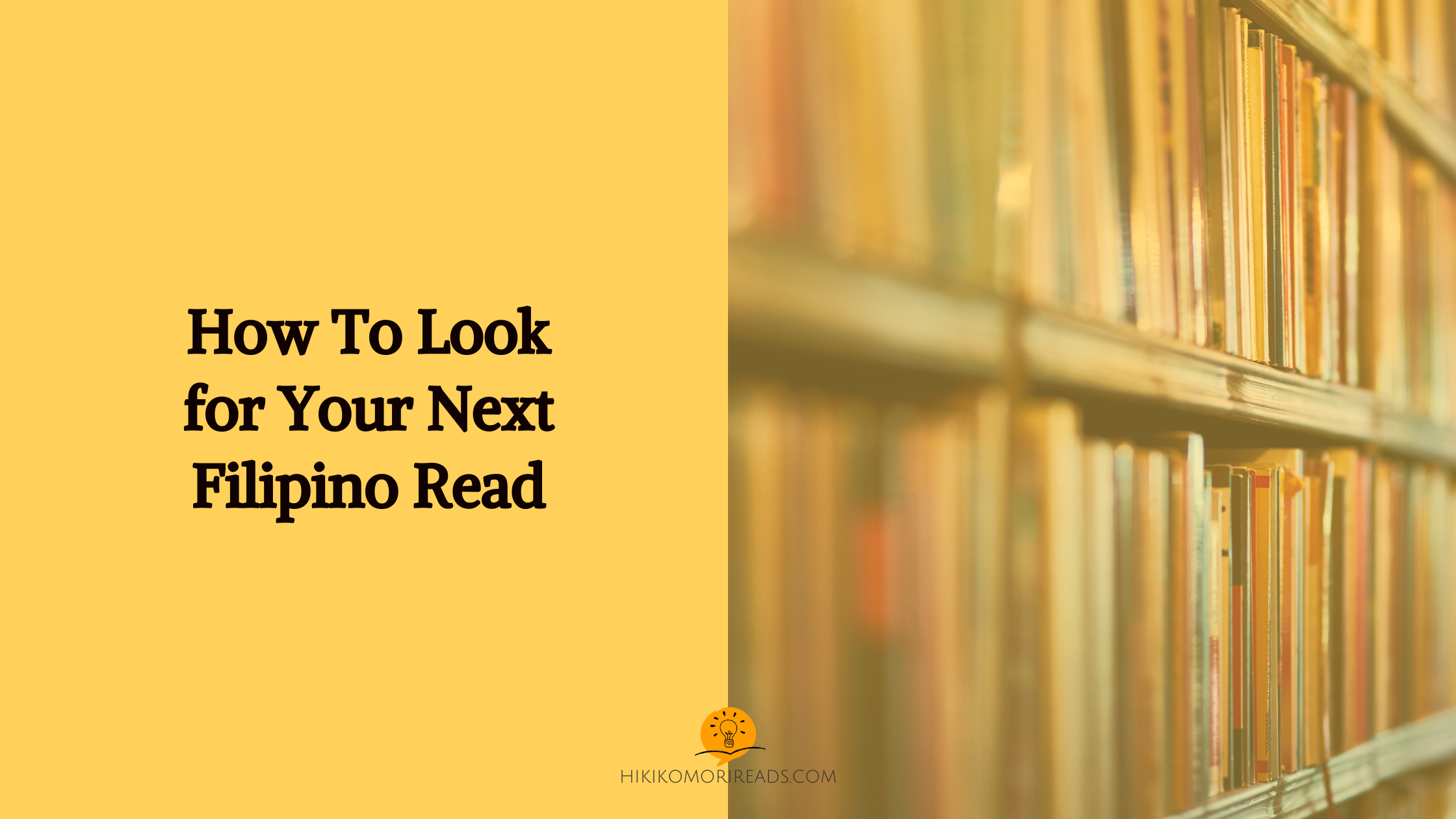Reading stories about Filipinos written by Filipinos always feels like home: cozy and warm, and the flaws easily forgivable. It’s the feeling you get wearing your favorite tattered shirt or visiting an old, familiar cafe. I wanted to experience more of those emotions by looking for local titles in the few thrift stores I’ve visited in the past. Sadly, my attempt was unsuccessful — most of the shops sell foreign books.
My search eventually led me to Facebook and Instagram book pages, indie and specialty bookstores, and the CCP Encyclopedia.
Of course, I can just go to the National Book Store main branch in Cubao or Solidaridad in Ermita to check out books by renowned authors. But simply visiting these bookshops without a plan might not go well, so I had to prepare. I need to at least know how Filipino literature came to be, why some books are considered classics, and where I can look for trusty recommendations.
If you’re like me, you’d appreciate these few quick steps I did to discover and rediscover Filipino reads.
Check the CCP Encyclopedia
One section of this massive online encyclopedia provides a detailed history of Filipino literature, specifically the origins of works from folk poetry to prize-winning novels. Reading the essays will take you on a literary journey and make you appreciate the Filipino creativity.
Moreover, you can read essays about notable works, from novels to poetry to short stories. Referring to the list of essays is a good starting point for diving into Filipino literature. The said list is not meant to declare the Philippine canon but to highlight written works that made the most impact on readers.
Review the National Book Awards Results
The annual National Book Awards can provide new readers with a quick list of notable contemporary Filipino works. The books are neatly categorized, though I often check the fiction and non-fiction a lot. A look at their Facebook page and Wikipedia will give you a treasure trove of critically acclaimed titles written in linguistic styles you might better understand.
If you want high-brow titles, check out the books that have won acclaim in the Palanca Awards. Some American-Filipino authors recently made it big abroad — you might also want to peruse their works.
Learn about Filipino Publication Houses
The National Book Awards also grant awards to publishing houses (2024’s winner was the Ateneo de Manila University Press). If you’re into university-affiliated publications, this and the UP Press are some of the most notable as of late. Some independent publishers are also worth checking out if you’re into that.
Checking the Manila International Book Fair’s roster of publishers joining the annual event is a good start. However, remember to pay attention to the smaller press as they might just offer the books that you’ve been searching for your whole life!
Refer to Unique Reading Lists
When I began searching for Filipino titles, Meta’s algorithm got wind of it — suddenly, my feed was filled with pages dedicated to Pinoy books. My favorite is this community of Pinoy readers with reviews written in Filipino! The use of local language is refreshing.
The key to finding gems is to refer to uncommon lists. To my dismay, major media outlets will release a listicle citing works that’s more like a list of high school recommended reading. There’s no harm in reading those, of course, if you’re serious about diving into Filipino literature. But make sure to check what’s available today. Young authors, especially, have their own stories to tell, and you’d be surprised at the insights they can offer!
Check Year-End Lists
The most basic yet a bit delayed tactic is to check year-end lists at the beginning of the following year. Often, the books that make it to the list have enjoyed a great deal of popularity during the previous year, which may mean they deserve to be checked out. If you’re the type to read retroactively (like me) and don’t mind being behind what’s popular, this is perfect. The list also narrows your choices.
This is also a good way to pick a favorite author. There’s a chance that the author you love has older and upcoming books, increasing your list and giving you something to look forward to. I mean, I’ve read Ambeth Ocampo once, and I’m set to collect everything the man releases.
The Wrap Up
The key to finding great Filipino books is moving and asking around and not relying solely on what you see on popular websites (AI-generated articles are rampant, after all). It’s better to read opinions from actual people or feel the vibe of the book yourself. It might be a bit challenging accessing Filipino titles because, for some reason, many local readers love Western titles, but with patience and research, you can find a local title that will truly speak to you.
Reading Filipino books will always be a treasured experience because of the beauty of the written word and the effort required to discover the real gems. Keep looking — that’s part of the fun!
